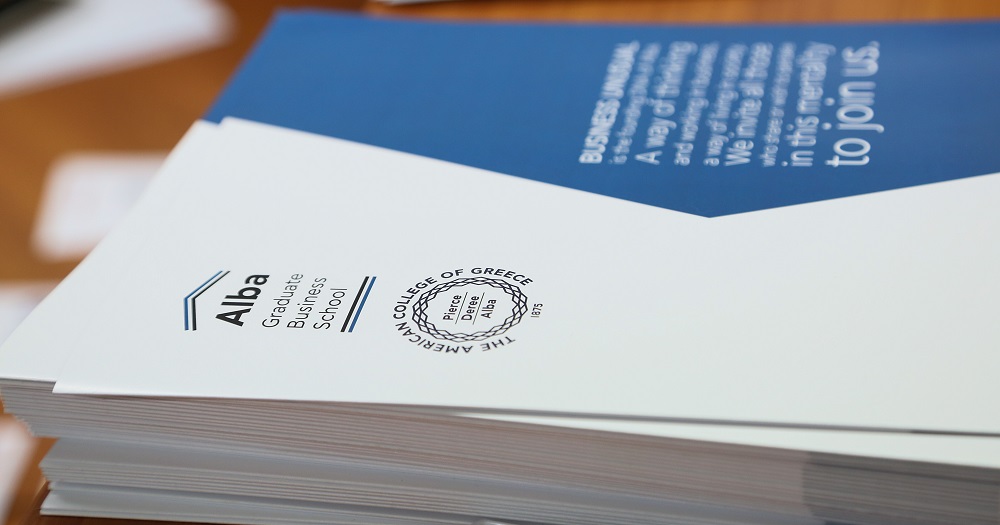FIREMAN - Framework for the Identification of Rare Events via Machine learning and IoT Networks

Research program: ERANETS 2019
Short description
The general FIREMAN concept is built to answer the following scientific questions.
(1) Many industrial processes are physical and can be virtualized following three generic, autonomous but interrelated, steps: (i) acquisition of raw data and its pre-processing related to the sensor network deployment, (ii) fusion to aggregate and represent the raw data and (iii) analytics to build an intelligent prediction/detection of rare events. Research question: What is the optimal system architecture (i.e., design of each one of the 3 steps and their integrated deployment) for detecting/predicting rare events for a given industrial process with its own characteristics? FIREMAN will answer this by providing a framework based on Cyber-Physical Systems (CPS) to guide the optimal system architecture design that is process-independent. However, for demonstration purposes the design of the system will be determined case-by-case. Our proposal will be tested for predictive maintenance in different environments as automotive industrial plant, base-station factory and wind turbine.
(2) In the acquisition step, there are many ways to obtain raw data: single sensor vs. many, periodic vs. event-driven sampling, random vs. planned deployments, single- vs. multi-hop transmissions, etc. Each industrial process can be evaluated by one or a set of relevant signals that shall be monitored. Research question: For a given industrial process, what are the main signal(s) characteristics (e.g., periodic or sparse), what are the most suitable ways to collect, store and distribute the raw and pre-processed data within such sensor/IoT network? How can the communication (sensor) network be dimensioned and configured to attain the required performance metrics (e.g., reliability and low-latency) for the detection of rare events? FIREMAN will answer this by proposing a framework to model the industrial physical processes to assess and classify the signal characteristics. For the different classes of signal, different sets of collection-storage-dissemination deployments shall be analysed. For the latter question, a network architecture that is tuned to rare events will be proposed and the corresponding network protocols (e.g., from 5G-PPP) will be accordingly configured.
(3) Depending on the acquisition, the aggregation and representation of raw/pre-processed data require different treatment (e.g., periodic samples require different treatment from event-based ones). Research question: What are the most suitable data fusion options to aggregate/ represent the heterogeneous big data sets generated by a specific acquisition deployment? FIREMAN will answer this question by studying different (heterogeneous big) data aggregation methods and assess the performance of different machine-learning algorithms to compress and represent the raw/pre-processed data after the acquisition step.
(4) The already fused data still need to be processed through analytics so rare events can be predicted/detected, also possible reactions proposed. Research question: What is the most efficient algorithm to deal with rare events in industrial processes, particularly for predictive maintenance? FIREMAN will answer this question by proposing new big data algorithms to deal with rare events, and developing visualization tools to help their identification and provide possible actuator reactions to cope with them. As mentioned, our framework shall be general, but the actual implementation is carried out according to the specific process in consideration.
You can visit the project website here https://fireman-project.eu/homepage
For more information and/ or questions please contact:
Dr. Constantinos B. Papadias, FIREMAN project Research Coordinator; Adjunct Professor of Information Technology, Alba Graduate Business School ; Executive Director, Research, Technology and Innovation Network (RTIN), The American College of Greece
email: [email protected]
Partnership:
- Lappeenranta University of Technology
- Centre Tecnològic de Telecomunicacions de Catalunya
- Trinity College Dublin
- University of Oulu
- Sociedad Española de Automóviles de Turismo – SEAT
- Alba Graduate Business School




